Getty Images, Alyssa Powell for Business Insider
- Six African royals spoke to Business Insider about the lack of representation in Hollywood.
- Black royals have existed around the world for millennia.
- They say Hollywood should prioritize projects with historical context.
If I were to say "royal," chances are it would evoke an image of the predominantly white British royal family.
Yet the concept of royalty is so much larger than the Windsor line, dating back to the first Queen Elizabeth and the Tudor Dynasty. It stretches geographically around the world.
While Hollywood is telling more diverse fictional royal stories — season three of "Bridgerton" returns in May, for example — the entertainment industry still falls dramatically short when it comes to telling authentic Black royal stories.
Sierra Leone's Princess Sarah Culberson, Nigeria's Princess Keisha and Prince Kunle Omilana, and Ethiopia's Prince Asfa-Wossen Asserate, Princess Ariana, and Prince Joel spoke to Business Insider about this lack of representation — and what should be done to improve it.
Misinformation and an erasure of Black royals
The royals who spoke to BI said this whitewashed view of royalty comes from a dearth of representation in media and a lack of education in schools.
Mainstream TV shows and movies that depict the true history of Black royal families are few and far between.
And while movies about fictional Black royals exist — "The Princess and The Frog" (2009), "Black Panther" (2018), and the latest "The Little Mermaid" (2023) — Hollywood still isn't doing enough to educate viewers that Black royals exist in the real world, according to Nigeria's Princess Keisha Omilana.

Disney
Keisha is an American model and entrepreneur who is married to Prince Adekunle "Kunle" Adebayo Omilana. Keisha and Kunle do not live in Nigeria and are not intricately involved with royal duties within the country.
Still, in the Yoruba Kingdom of Nigeria, he's the crown prince of the Arigbabuowo ruling house of the crown royal dynasty Ipetu Ijesa.
There are countless royal families in Nigeria, and the exact number of monarchs is unknown, the BBC's Nduka Orjinmo reported in 2020.
In the Yoruba region where Prince Kunle is from, royal families are referred to as ruling houses, which traditionally produce obas, a hereditary title equivalent to king, according to a 1992 research paper on the Yoruba tribe published by the Immigration Refugee Board of Canada. There are hundreds of obas, who act as representatives and advisors for their communities, the paper states.
Although Nigeria's monarchs haven't had constitutional power since 1963, their descendants "serve as the local custodians of law and order," The Guardian's George Osodi reported in 2016.
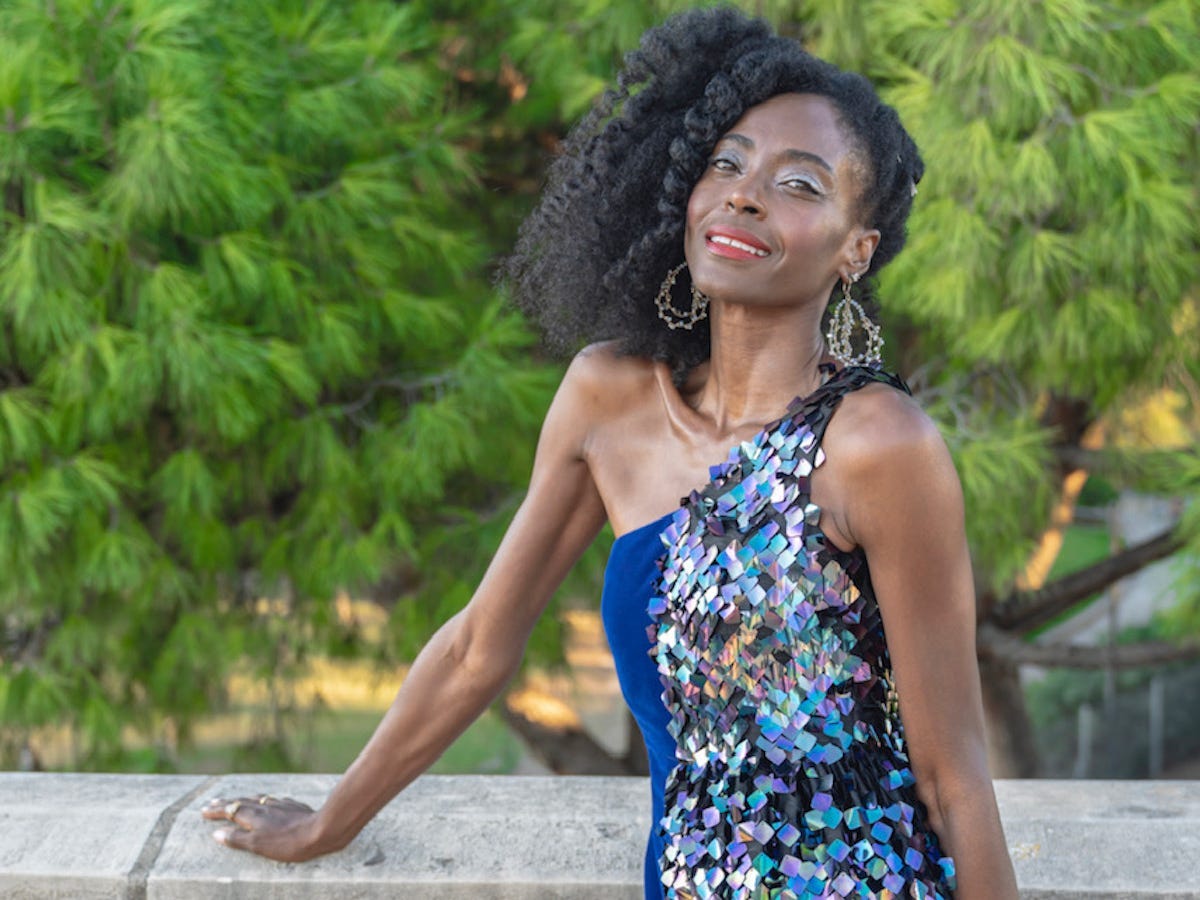
Fernando Catala
Speaking to BI, Keisha said misinformation surrounding African royalty is paired with constant comparison to white royals, particularly the British royal family.
"Coming from the American standpoint, the British monarch is the most prominent in terms of press and world recognition — they compare everything to it," she said.
This glorification of the British royals undermines the 28 other monarchies that are operating around the world — all with their own histories and cultures — including the three African monarchies in Morocco, Lesotho, and Eswatini, previously referred to as Swaziland.
"'Oh yeah, you are a prince?' They think that's your name." - Prince Kunle
This number doesn't include countries that no longer have an active monarchy but continue to have royal families, such as Nigeria.
Prince Kunle, who said he has spent most of his adult life living in Europe, said people there don't understand that there is royalty in Africa, "even if you try to explain it to them."
"'Oh yeah, you are a prince?' They think that's your name," Kunle said.
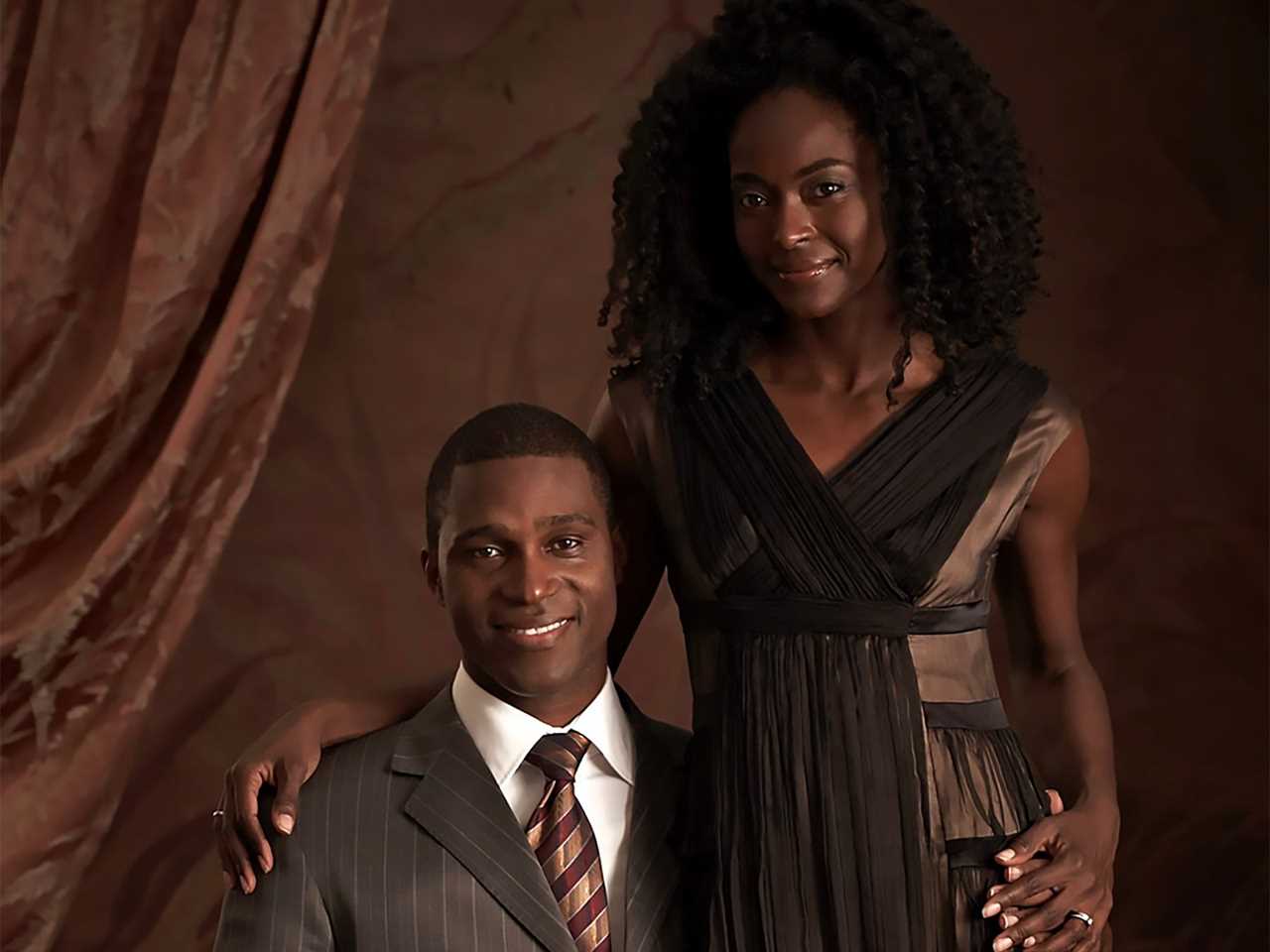
David White
Princess Sarah Culberson of the Mende tribe in Bumpe, Sierra Leone, can relate to Kunle's experiences.
Writing in her 2009 memoir, "A Princess Found," Sarah said she was adopted by a white family living in West Virginia as an infant and that she didn't know her birth family were royals until she met them as an adult.
Sarah's grandfather was the Paramount Chief of the Mende tribe, a title given to those who rule over vast regions in Sierra Leone. They were previously referred to as kings, but the title was changed during the colonial British administration in 1896, Sarah wrote.
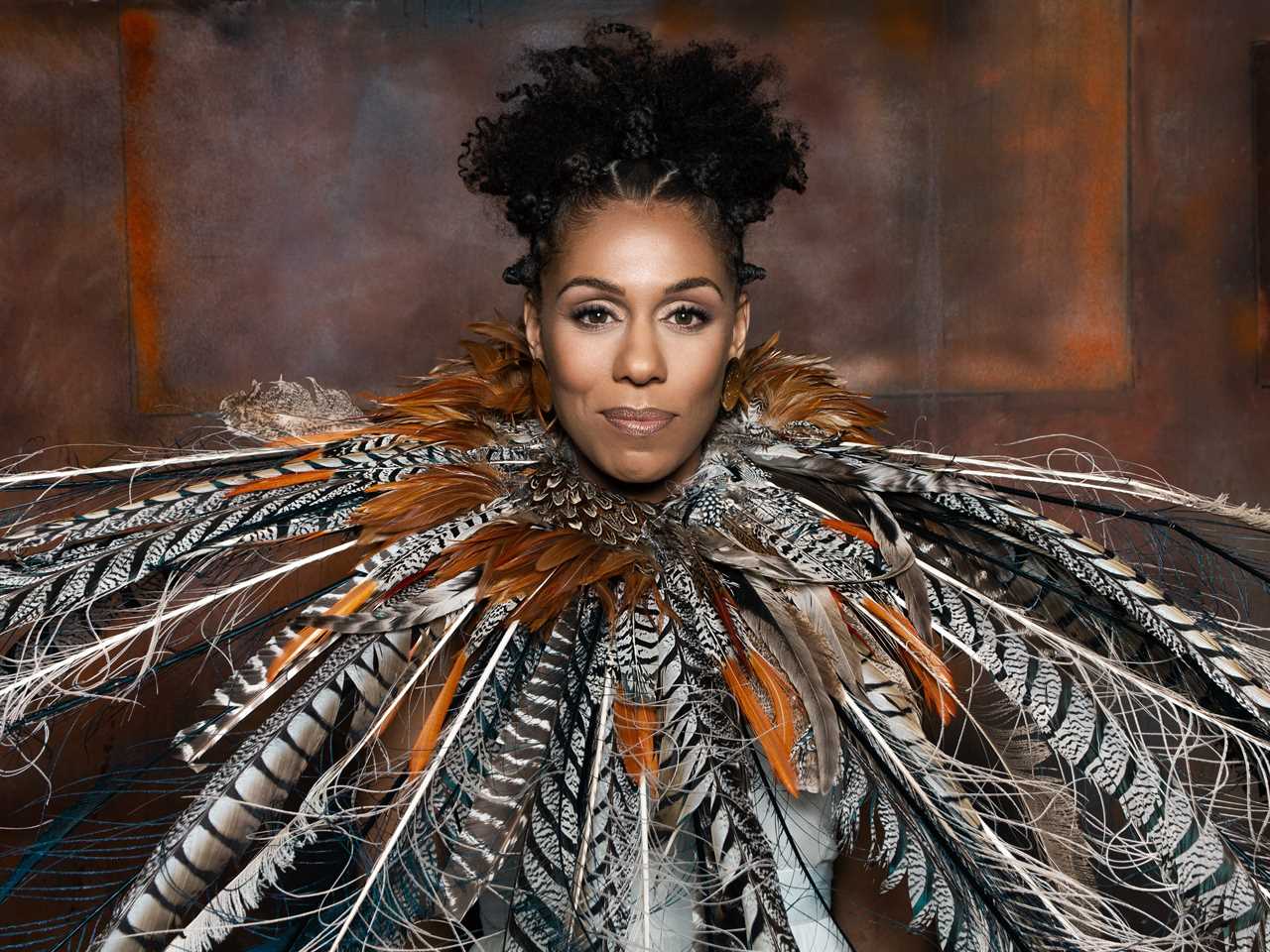
Courtesy of Sarah Culberson
Sarah started using the title "princess" after discovering that her grandfather's status meant she was a Mahaloi, the equivalent of a prince or princess in Sierra Leone, according to the book. Speaking to BI, Sarah said her goal in using the title is to educate young people in the US about the existence of Black royalty.
"There are people who are like, 'Is that real, like a princess? Is that made up, or is your name just Princess?'" Sarah said.
"At first I was offended, but then I paused and thought to myself, 'You only know what you know.' If you never hear about something, it's like it doesn't exist," Sarah said.
Stop putting Black people into white royal narratives, says Prince Asfa-Wossen
Representation without accurate historical context is not enough to alter society's whitewashed view of royalty.
Major streaming platforms and film studios must be mindful of how this representation is carried out. According to Ethiopia's Prince Asfa-Wossen Asserate, Hollywood should leave fictional royals behind and focus on the true history of African royal families.
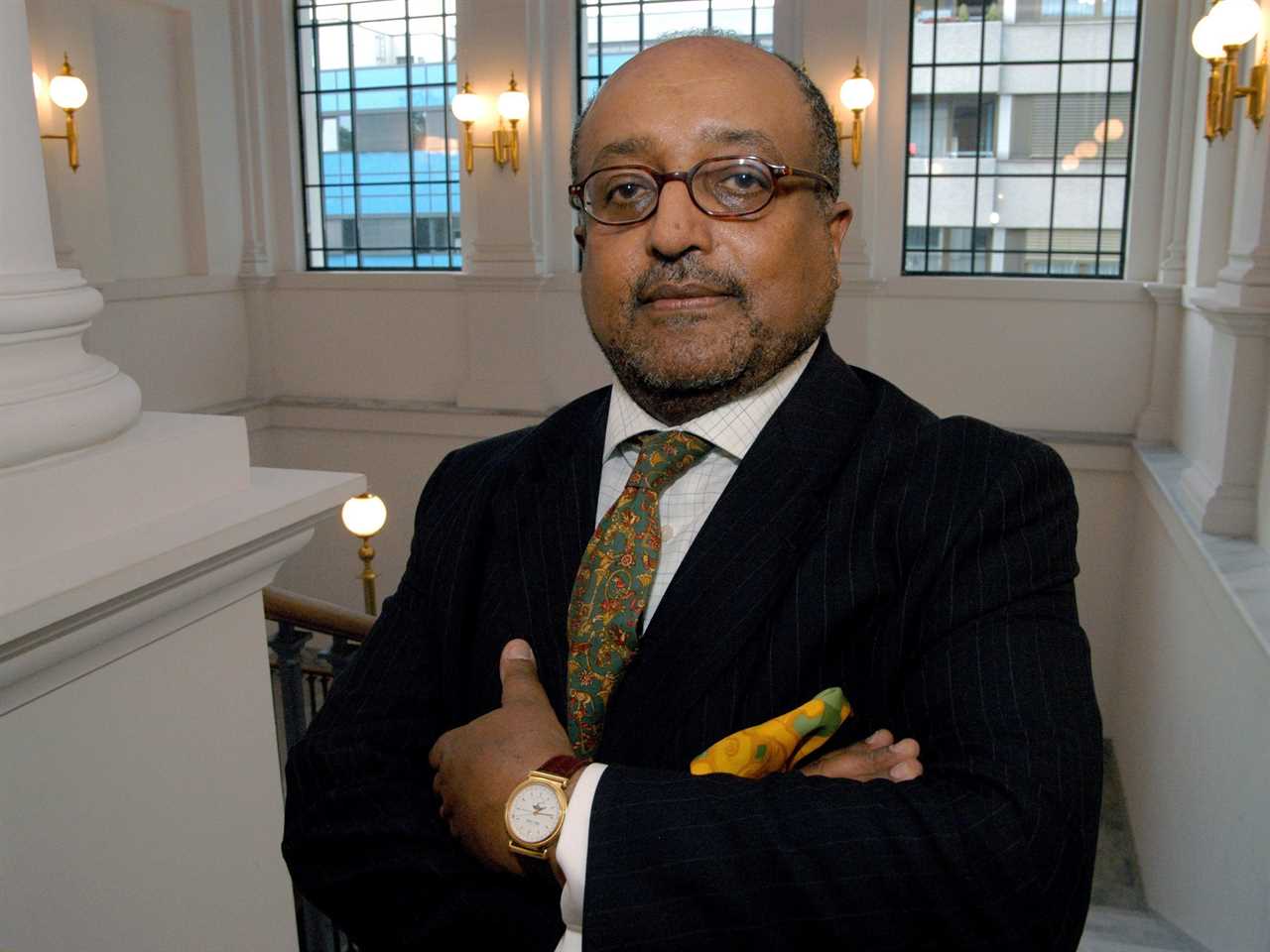
Manfred Roth/ullstein bild via Getty Images
The prince, who's a descendant of the last emperor of Ethiopia, Haile Selassie, told BI that TV shows such as "Bridgerton" could be considered an "unhealthy" portrayal of Black history because it is not based on historical fact. Netflix did not respond to requests for comment.
The "Bridgerton" universe reimagines Britain's Regency era as a period where non-white royals and nobility were openly accepted by society. But in reality, slavery was not abolished in the UK until 1833 — 13 years after the end of the Regency era — and its violent impact stretches well into this century.
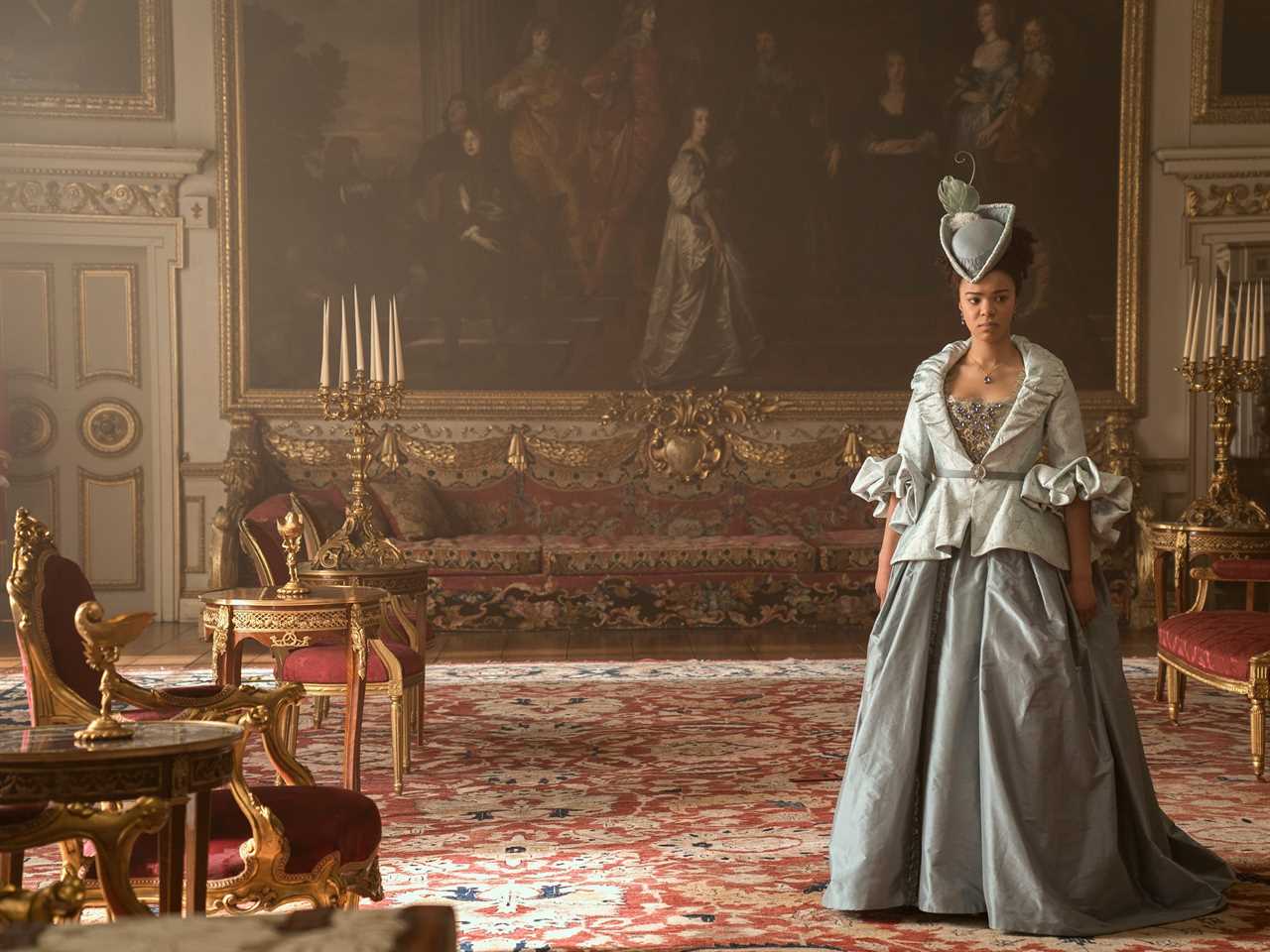
Liam Daniel/Netflix
"Bridgerton" and its spin-off prequel, "Queen Charlotte: A Bridgerton Story," were praised for casting Black and multiracial actors in roles traditionally given to white actors. Although some royals BI spoke to support this decision, Asfa-Wossen said it could lead to misinformation about the existence of African royalty.
"We have heroes of our own." - Prince Asfa-Wossen Asserate
"I would be able to give you 100 films they could make about Black culture and Black history," said Asfa-Wossen, a historian, author, and academic based in Germany.
"It's like they are telling us, 'Since you didn't have any heroes, we are so democratic and enlightened that we'll allow you to play our heroes.' We have heroes of our own."
Black royals are taking the issue on themselves
Major streaming platforms and production companies could follow the example of smaller entertainment firms, such as Old World/New World, a Los Angeles-based company that focuses on telling Black stories through TV, film, and books. The company was founded by Ethiopia's Prince Joel and Princess Ariana in 2017.
The couple told BI they are working on a TV pilot similar to "The Crown," using Asfa-Wossen's biography of the emperor (who is also Joel's great-grandfather) as inspiration. The project was temporarily paused in 2023 due to the SAG-AFTRA strikes, Joel said, adding that work on the series is back on track.

Antwon Maxwell.
And last year, their relative Yeshi Kassa made a documentary titled "Grandpa Was An Emperor," about the emperor's legacy which showcased the horrors some of the Ethiopian royals faced in prison after a military coup in 1974.
"People don't always associate Africa with royalty when we actually have the oldest monarchy in the world — in Ethiopia," Joel said.
As The Guardian's Ian Sansom wrote in 2010, it's believed that Ethiopia's monarchy dates back to the 10th century B.C., when the Queen of Sheba arrived at King Soloman's court to assess his knowledge and ended up sleeping with him.
According to "Kebra Nagast," a 14th-century Ethiopian epic novel, Sheba gave birth to a son named Menelik, who went on to become King of Axum, founder of the Ethiopian dynasty, The Guardian reports.
"The Black man in America, don't always consider that he was a victim. Tell him what he was before."
- Prince Asfa-Wossen Asserate
Meanwhile, Asfa-Wossen said educators are too often preoccupied with using slave narratives to recount Black history. But in order to portray Black royals as equal to their white counterparts, there must be a shift in perspective, he said.
"The Black man in America, don't always consider that he was a victim. Tell him what he was before. Tell him what he has to be proud of. Only then will you find equality," Asfa-Wossen said.
Keisha agrees. Speaking on a panel about Royal Representation, hosted by BI in February 2023, Keisha said many children are brought up to believe that African history began with slavery rather than with royalty — and it's time to flip the narrative.
"That's what I really wish, that everyone knew that we as Black people were royals, and we were beautiful in the beginning. That's exactly how we started," she said.
Read More
By: [email protected] (Mikhaila Friel)
Title: Black royals say Hollywood erased their existence. They're fighting to change the whitewashed narrative.
Sourced From: www.businessinsider.com/black-royals-hollywood-erased-existence-bridgerton-netflix-african-royalty-change-2024-4
Published Date: Thu, 25 Apr 2024 09:21:16 +0000
Did you miss our previous article...
https://trendinginbusiness.business/politcal/lawless-joe-biden-mulling-granting-amnesty-to-over-1-million-illegal-aliens-by-executive-order-ahead-of-the-2024-election
.png)





